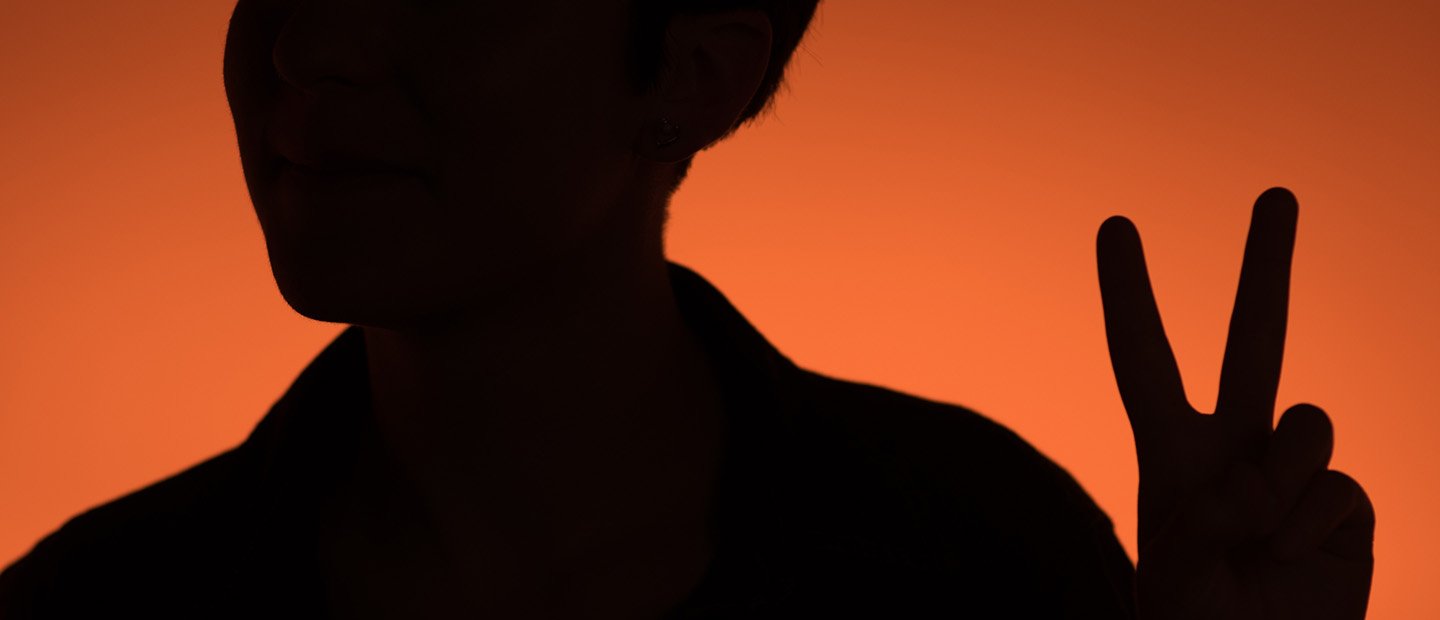Gender and Sexuality Center (GSC)
North Foundation Hall, Room 104J
318 Meadow Brook Road
Rochester,
MI
48309-4454
(location map)
(248) 370-4336
[email protected]
Hours:
Monday, Wednesday, Thursday, Friday: 8 a.m. - 5 p.m.
Tuesday: 8 a.m. - 8 p.m.

Out on Campus Initiative
The Out on Campus Initiative demonstrates Oakland University’s commitment to providing an inclusive and accepting atmosphere to the LGBTQIA community. No matter what sexual orientation or gender you ascribe to, or if you are simply an ally to the community, Oakland University can be considered a safe place for you to call home. Know that you are not alone, and that faculty, staff and students are united in a common effort to break down barriers, share knowledge and show support.
If you or your department wish to support this campaign, please contact us for fliers and posters.
For more information on LGBTQIA issues and the Out on Campus Initiative, visit the Gender and Sexuality Center, or contact us via email.
MORGAN: I was 19, turning twenty when I fully came out.
JASON: It was a slow process.
BRIAN: It’s a very exhausting process -- to try and be what other people want you to be.
BECKY: I feel like I was kind of living a double life and it was very challenging, for a long period of time.
DORINA: I went through a lot of depression.
ANYANNA: Coming out was more like coming out to myself.
ELIZABETH: I actually came out as bisexual to my parents, at least my mother. It wasn’t the greatest.
ERIC: I actually came out by writing a blog post and received nothing, but positive comments from friends, family members.
DASKYRA: I met one of my best friends and she was just so out and she was just so proud of herself. It made me feel like I can actually tell people that, like, “hey, I’m bisexual,” and it’s not a bad thing.
BECKY: I decided that when I came to OU that I was just going to be out.
HANNAH: I knew that I wanted to be out in college because I didn’t want my college experience to mimic my highschool experience.
AYANNA: It’s very important for people to feel comfortable to be out in any case, especially on campuses and at work and at home. It’s just like, you need to have that freedom or that ability to be who you are, no matter where you are.
PAIGE: When I became a member of Oakland University’s family, I was accepted right away and no one has ever had any problems with me being who I am.
BRIAN: We embrace differences and that’s one reason that I love being into education. Because there are so many differences and if we celebrate those differences it just makes us stronger as not only a person, a classroom, but as a school, itself.
ADAM: Our goal is to make this your second home, maybe even your first home. A place where you feel comfortable.
MORGAN: The transition, honestly, was a lot easier. Because, the thing is, when you have a large group of people, you have more individuals that are like you.
ERIC: Find someone that you connect with and build a relationship that you can have a level of trust.
TIM: Find an ally. Whether it’s a professor or another student or a staff member.
DASKYRA: If you share your identity, and share who you are, you will be able to bring other people out and make them feel comfortable being out.
BRIAN: And so I hope, within the next ten years, it just becomes more and more comfortable for people to just, 100 percent, be authentically who they are and not be ashamed of it, not feel judged and, of course, to feel safe.
CORNELIA: This is also somebody’s child, somebody’s sister, somebody’s brother, it’s another human being and I want to be as welcoming to them as I can be.
PAUL: I just hope that we can all be treated equally, doesn’t matter what race, what orientation, what culture, what background, that we’re all treated equally.
DORINA: That’s all I want, is to be considered an equal and not labeled as someone different.
DAVID: My hope is that everyone is just identified as a person.
BRIAN: We’re not just a category, we’re a human being and we’re all the same at the core. I think that, that’s the most important thing to help people realize that we’re all humans. We all have feelings. We all hurt, we all celebrate, we all cry and it doesn’t matter what label or what category you fall into.
